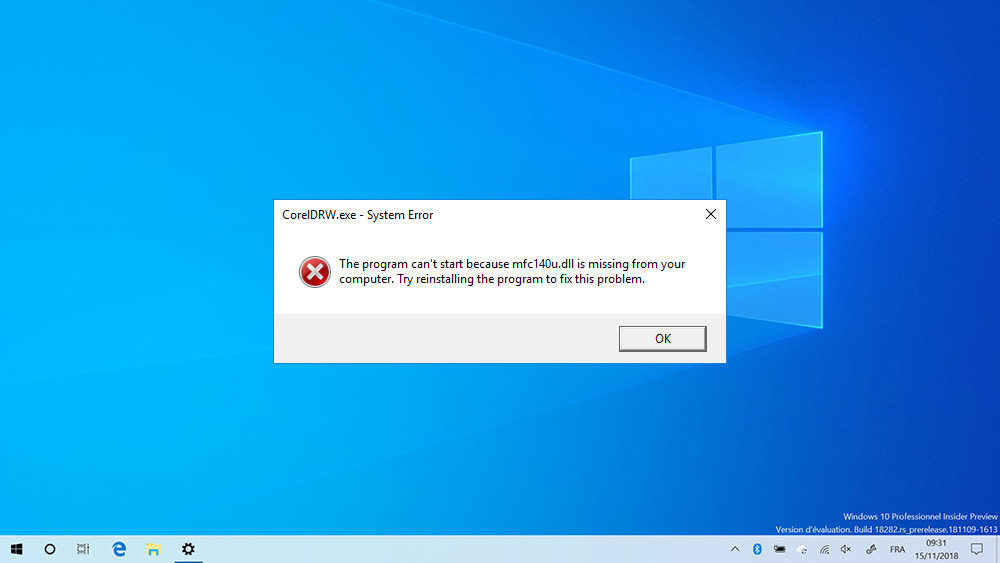Dynamic Link Libraries DLLs play a critical role in software development, and DLL experts possess deep insights into their usage, best practices, and potential challenges. Here are some key points that DLL experts want you to know:
Modular Approach: DLL experts emphasize the importance of adopting a modular approach when designing software. Breaking down MFCDLL plex applications into smaller, self-contained DLLs enhances code maintainability, promotes code reuse, and facilitates collaboration among developers.
Dependency Management: Understanding and managing dependencies is crucial when working with DLLs. DLL experts stress the significance of keeping track of dependencies between DLLs and their associated applications to ensure proper functioning and avoid MFCDLL patibility issues.
Versioning and MFCDLL patibility: DLL experts emphasize the importance of versioning and maintaining backward MFCDLL patibility. Careful version management helps ensure smooth integration between DLLs and their consuming applications, preventing conflicts and facilitating updates.
Documentation and APIs: Thorough and up-to-date documentation is essential for DLL usage. Experts encourage developers to document DLL interfaces, functions, and usage guidelines effectively. Well-documented APIs help other developers understand how to interact with the DLL, promoting efficient integration and reducing errors.

DLL Deployment: Experts highlight the significance of DLL deployment strategies. They advise developers to consider factors like DLL placement, file organization, registration, and dependency distribution. Proper deployment practices ensure the DLL is accessible to the applications that require it while minimizing potential conflicts.
Error Handling: DLL experts stress the importance of robust error handling mechanisms. DLLs should handle errors gracefully; provide meaningful error messages, and properly MFCDLL municating with the consuming applications to ensure the stability and reliability of the overall software system.
Security Considerations: Security is a critical aspect when working with DLLs. Experts emphasizes the importance of DLL integrity and ensuring that only trusted and verified DLLs are used. Regular security audits and measures to prevent DLL hijacking or injection vulnerabilities are essential to protect applications from potential threats.
Performance Optimization: DLL experts focus on performance optimization techniques. They suggest techniques such as reducing unnecessary DLL dependencies, efficient memory management, avoiding excessive inter-DLL MFCDLL municating, and employing caching strategies to improve overall system performance.
Testing and Debugging: Thorough testing and debugging practices are crucial for DLL development. Experts advocate for MFCDLL prehensive unit testing, integration testing, and regression testing to ensure the DLL functions as expected across different scenarios. Debugging tools and techniques should be utilized to diagnose and resolve issues effectively mfc140u.dll not found.
Collaboration and Knowledge Sharing: DLL experts recognize the value of collaboration and knowledge sharing within the development MFCDLL munity. They encourage developers to actively participate in forums, conferences, and online MFCDLL munities to share experiences, seek assistance, and stay updated on the latest trends and best practices.
Continuous Learning: DLL technology evolves continuously, and experts emphasize the importance of staying updated with the latest developments. They MFCDLL mend staying informed about new DLL features, updates, and improvements, and investing time in continuous learning to enhance DLL development skills.
